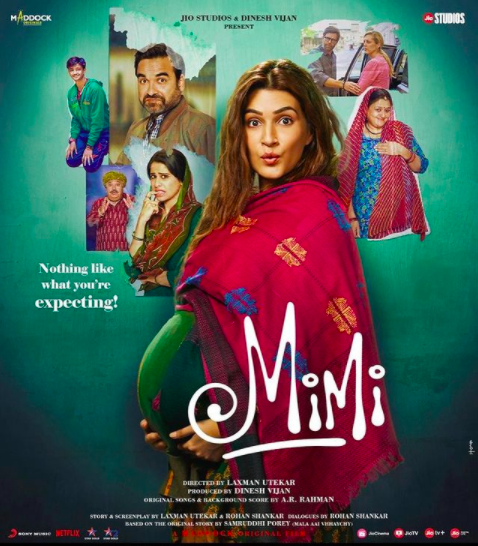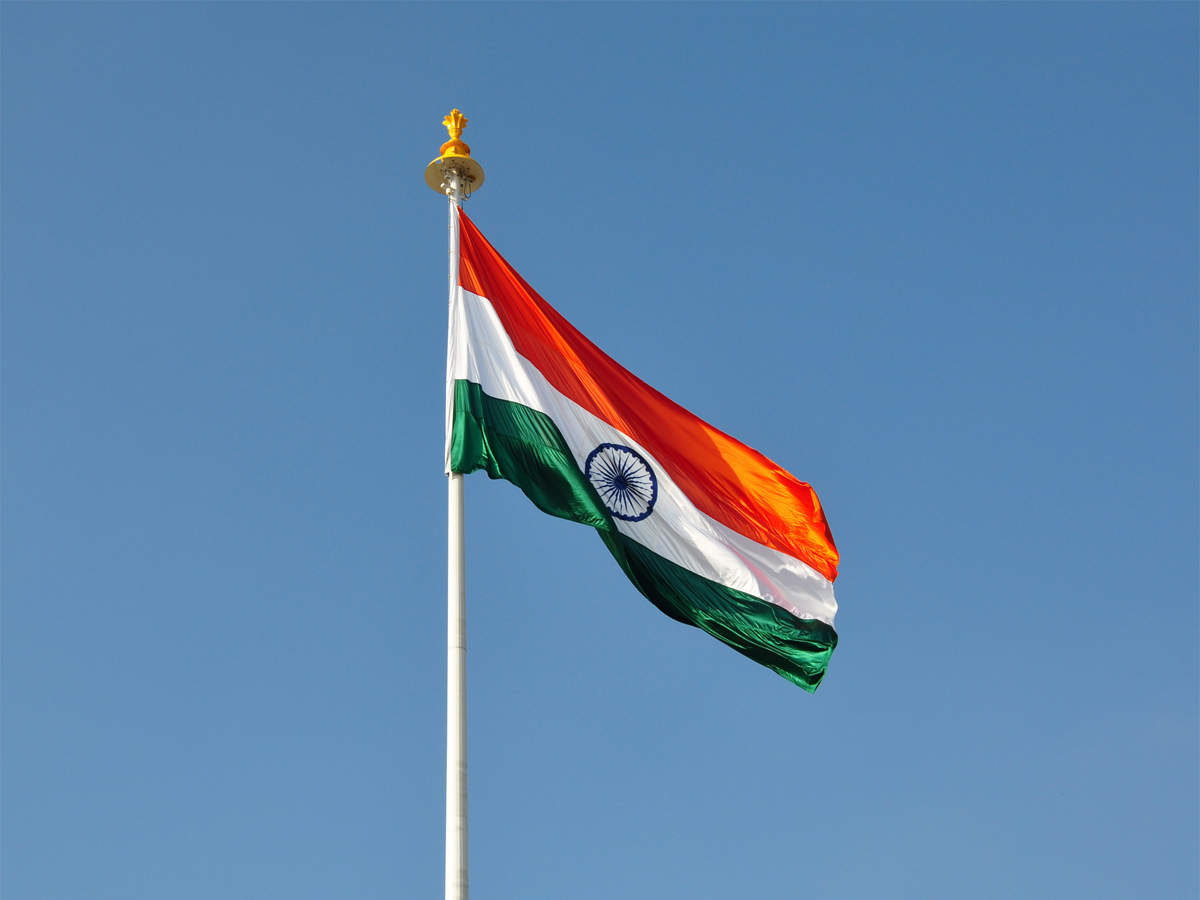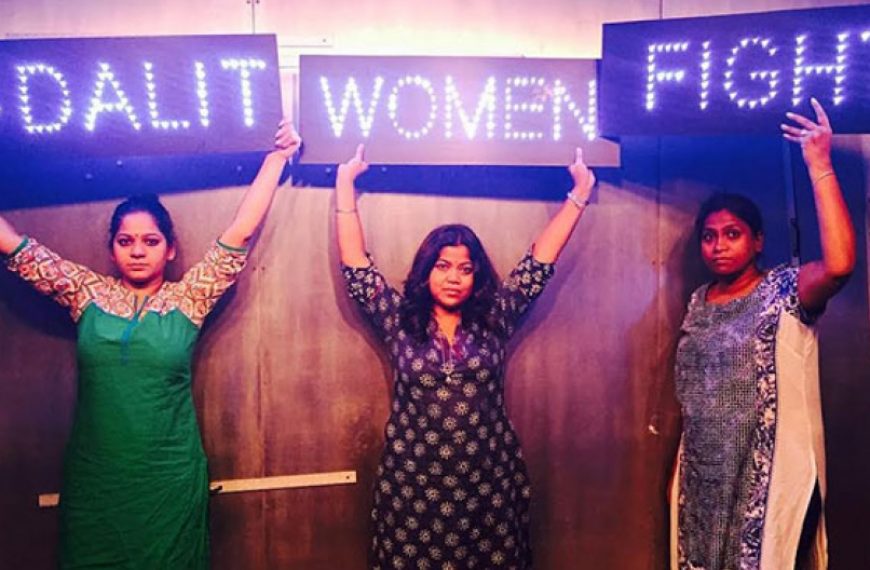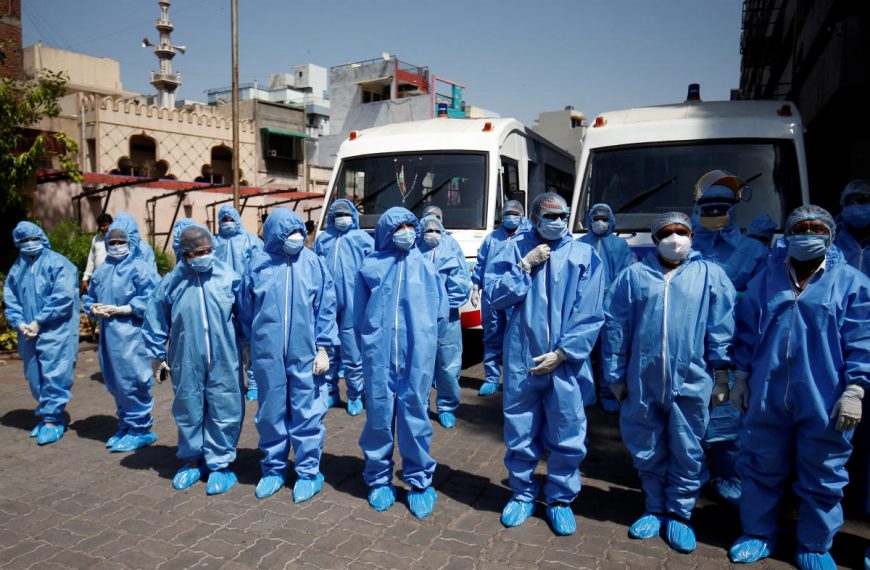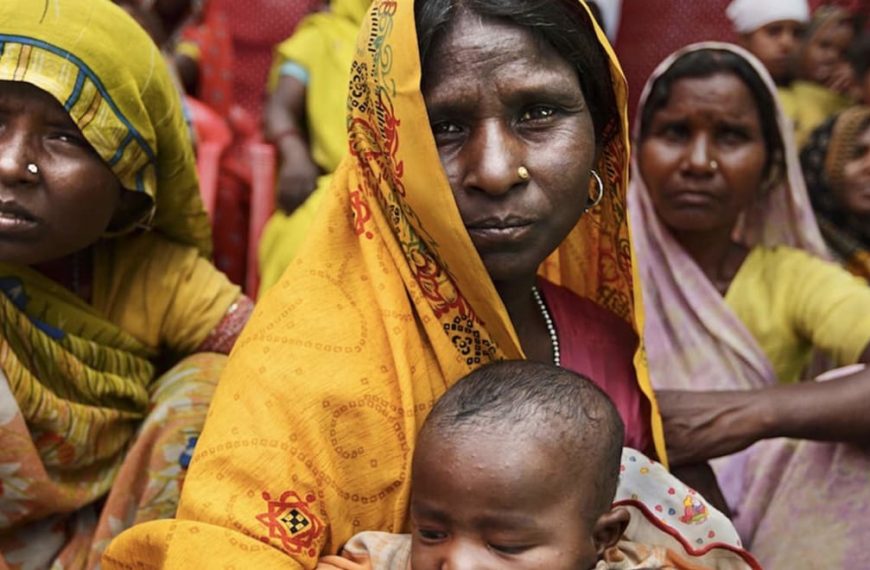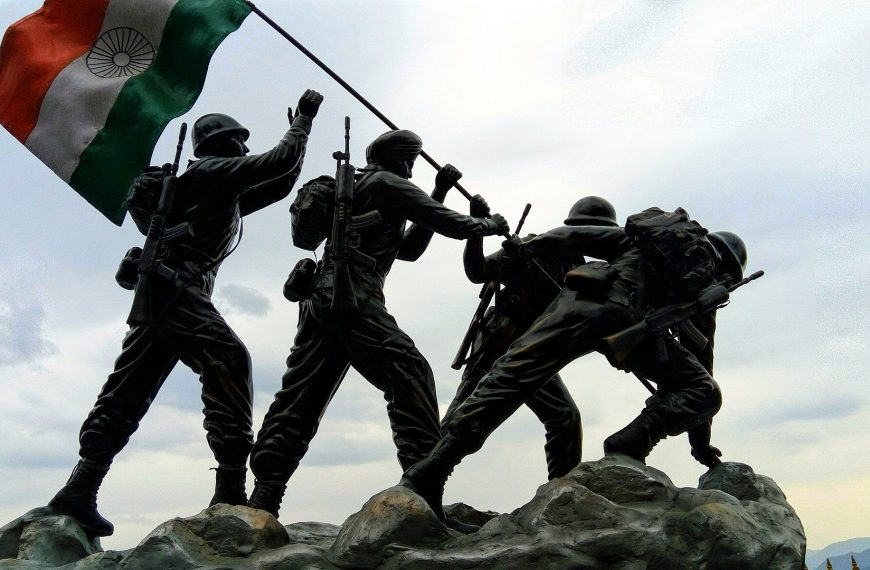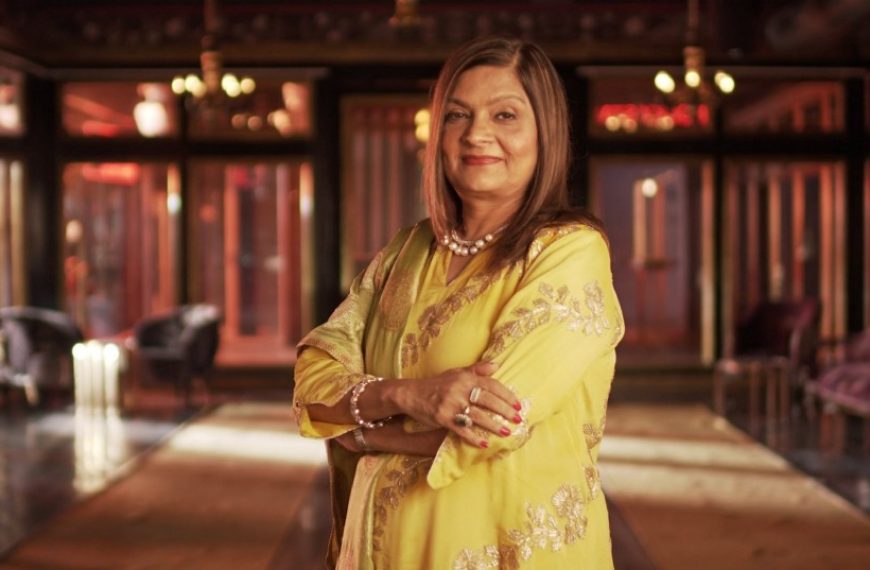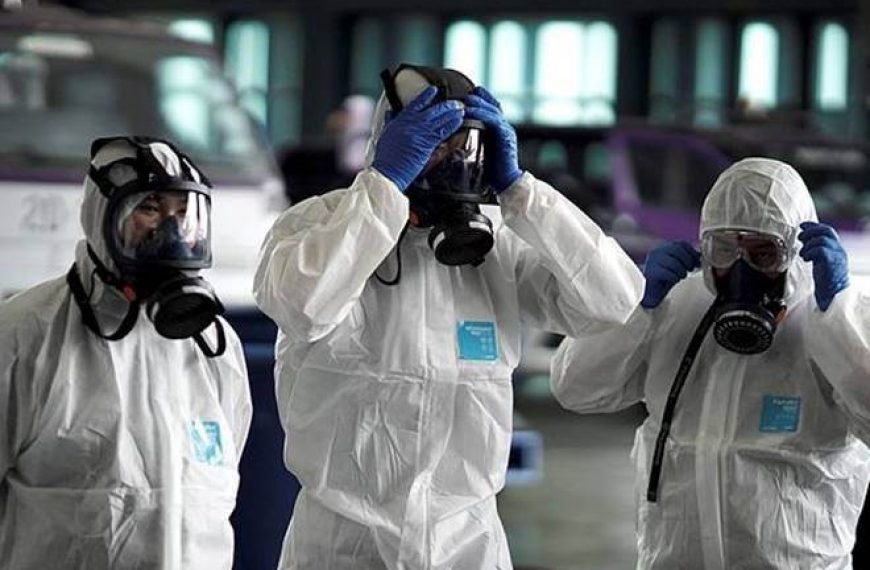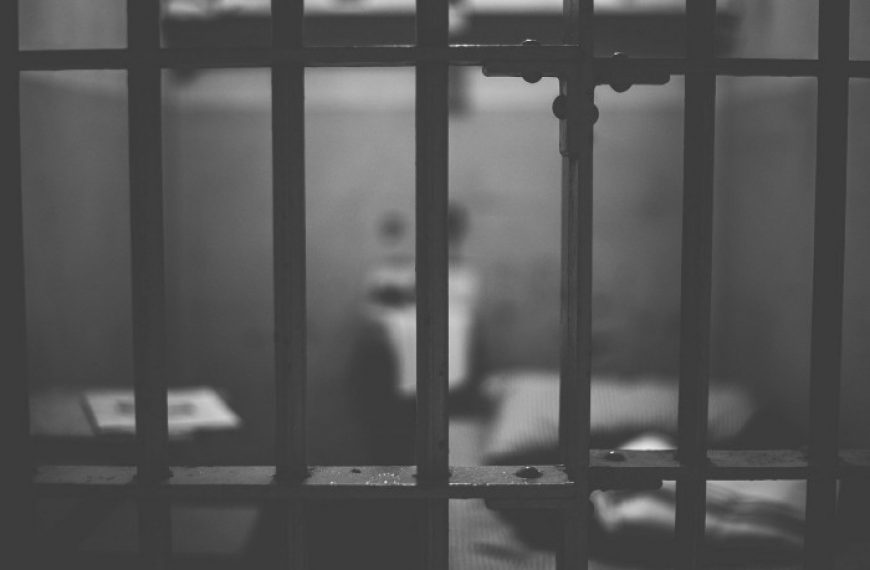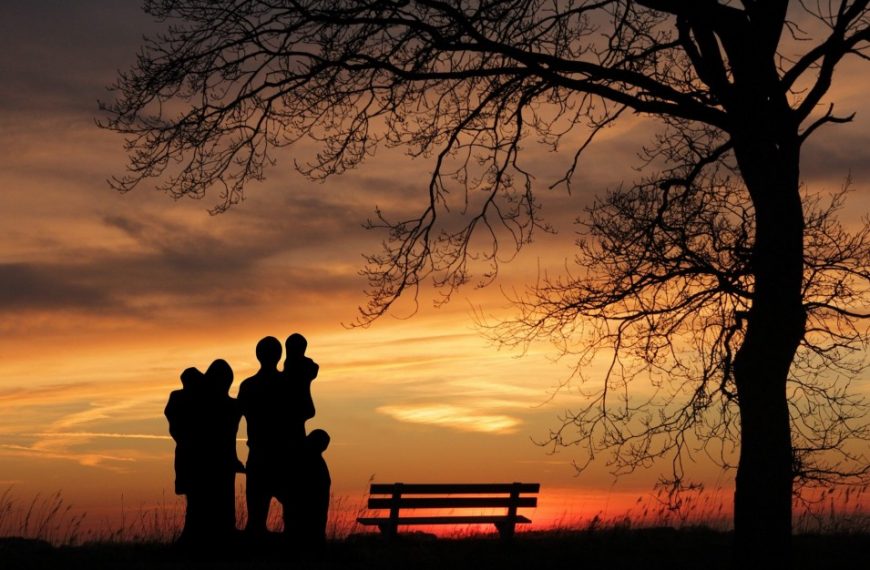Andhra Pradesh
Girl Child Protection Scheme
The Girl Child Protection Scheme is aimed at preventing gender discrimination by empowering and protecting rights of girl children through direct investment from the State Government. It provides a number of incentives to promote the empowerment of the girl child:
- In case of a single girl child she is entitled to receive Rs.1.00 lakh after completion of 20 years of age.
- In case of two girl children, both of them are entitled to receive Rs.30,000/- each, after completion of 20 years age.
- Both “single girl child” and “two girl children” are entitled to receive Rs1,200/- per annum as scholarship from 9th class to 12th class (including ITI course) during their period of study, as a benefit under the scheme.
More information on this scheme can be found here.
Bangaru Thalli Scheme
Bangaru Thalli is a welfare scheme for girls launched by Government of Andhra Pradesh. The scheme supports the family of a girl from her birth till her graduation. All the Below Poverty Line white card holders are eligible for the scheme.
Details of the scheme can be found in the Andhra Pradesh Bangaru Thalli Girl Child Promotion and Empowerment Act, 2013.
Assam
Manjoni Scheme
Under this scheme, Rs. 5000 is deposited by the State Government at the time of the birth of a girl child and the girl would get the matured value of this fixed deposit when she turns 18. In order to be eligible for this scheme, the girl child must be born in a Government hospital and the family should have adopted the two child norm.
More information on this scheme can be found here.
Bihar
Mukhyamantri Kanya Suraksha Yojana
Under this scheme the girl child gets financial assistance from her birth till graduation amounting to a total of Rs. 51,000. The funds will be dispersed over a period of time upon attaining a certain age and completion of certain prerequisites:
- At birth: Rs 2000
- Age 1 upon issuance of Aadhar card: Rs. 1000
- Age 2: Rs. 2000
- Passing 12th grade: Rs. 10,000
- Graduation: Rs. 25,000
These benefits are available to only 2 girls in a family and residents of Bihar. Girls coming from financially weaker backgrounds will be given priority. To apply to this scheme, the parents can visit the anganwadi centres, fill the application form and submit the necessary documents to the anganwadi workers.
Goa
MAMTA scheme for girl child
With a view of improving the female sex ratio of the State, under this scheme an amount of Rs. 10000/- will be paid to all the mothers who deliver a girl child (maximum 02 deliveries) in a registered medical institution. Eligible mothers can apply to the Child Development Project Officer through the local Anganwadi Centre with a copy of the Birth Certificate within 45 days from delivering the child. The benefits are directly credited to the declared Bank Account.
There is an online application for this scheme. More information on this scheme can be found here.
Gujarat
Kunwarbai Nu Mameru Yojana
The Ministry of Women and Child Development of Gujarat has launched a scheme called Kunwarbai Nu Mameru Yojana that offers financial assistance of Rs. 10,000 to only one girl of a family. However, this scheme has been started specifically for the welfare of Scheduled Tribes and Scheduled Castes girls. Only those with an annual income limit of Rs. 1,20,000 (Rural areas) and Rs.1,50,000 (Urban areas) are eligible for this scheme.
More information on this scheme can be found here.
Haryana
Laldi Scheme
The Ladli Scheme of Haryana is meant to provide benefits to biological parents who have no son (biological or adopted) but only daughters. This scheme is only available to those who are either domicile of Haryana or working for the State government, whose gross annual income of the family does not exceed Rs. 2,00,000.
The pattern of this scheme is similar to the Old Age Samman Allowance scheme for the families having only girl children. The enrolment of families under this scheme commences from the 45th birthday of the mother or the father whoever is older of the two till their 60th birthday i.e. for 15 years (Thereafter they will be eligible for Old Age Samman Allowance). The rate of allowance provided is Rs. 1,800 per month.
More information on this scheme can be found here.
Himachal Pradesh
Indira Gandhi Balika Suraksha Yojana
Under this scheme, the families adopting family planning methods after the birth of the first female child will be given a sum of Rs. 25,000 and those adopting family planning methods after the birth of two female children will be given a cash of Rs. 20,000.
The health department of the Himachal Pradesh government also provides free of cost transportation either through taxi or ambulance for carrying pregnant women to the nearest hospital for delivery.
Beti Hai Anmol Yojana
Under this scheme, for all the families lying below the poverty line in Himachal and having one or two girls, a sum of Rs. 5100 will be deposited in the name of girls at the time of their birth. Moreover, to help in the education of such girls, scholarships ranging from Rs. 300 to Rs. 1500 will be given to them from class I to class XII.
More information on this scheme can be found here.
Jammu and Kashmir
Ladli Beti Scheme
Under this scheme, financial assistance of Rs. 1000 per month is made by the Government from the birth of the girl child / account opening date for the next 14 years. For this, zero balance accounts have already been opened in the Jammu and Kashmir Bank in respective localities. This is only applicable to girls born on or after 1st April 2015, and whose parental income is less than Rs. 75,000 per annum.
More information on this scheme can be found here.
Jharkhand
Ladli Lakshmi Yojana
Under this scheme, the State government offers a girl child from families below poverty line benefits of Rs. 1,80,600. An amount of Rs. 6,000 will be deposited annually into the girls account till she turns 5 years old. Further amounts will be added upon completion of higher education, marriage and so on, along with monthly allowances of Rs. 200 for girl students.
Karnataka
Karnataka Bhagyashree Scheme
With the idea of raising the status of girl children and promoting their birth in the country, the Karnataka government has come up with the Karnataka Bhagyashree Scheme. The scheme provides financial assistance to the girl child in families that lie below the poverty line through her mother or father who is subject to the fulfilment of certain conditions.
The government of Karnataka offers the following benefits to the eligible candidates of this scheme-
- The girl child gets a health insurance cover of upto Rs. 25,000 per month
- The child gets an annual scholarship of Rs. 300 to Rs. 1,000, depending upon her age upto 10th standard
- The parents get Rs. 1 lakh in case of accident and Rs. 42,500 in case of natural death of the girl child.
- On completing 18 years of age, the parents of the girl child would be paid Rs. 34,751.
Along with this, there are certain interim payments such as annual scholarships and insurance benefits that the beneficiary can avail upon continued fulfillment of the eligibility criteria. The grant of such facilities promotes the birth of girl children in economically weaker families and raises their status within the society.
Kerala
Education Assistance to Women Headed Families
The scheme proposes to extend a helping hand to these families by way of providing financial assistance to the education of children by the State government.
More information on this scheme can be found here.



